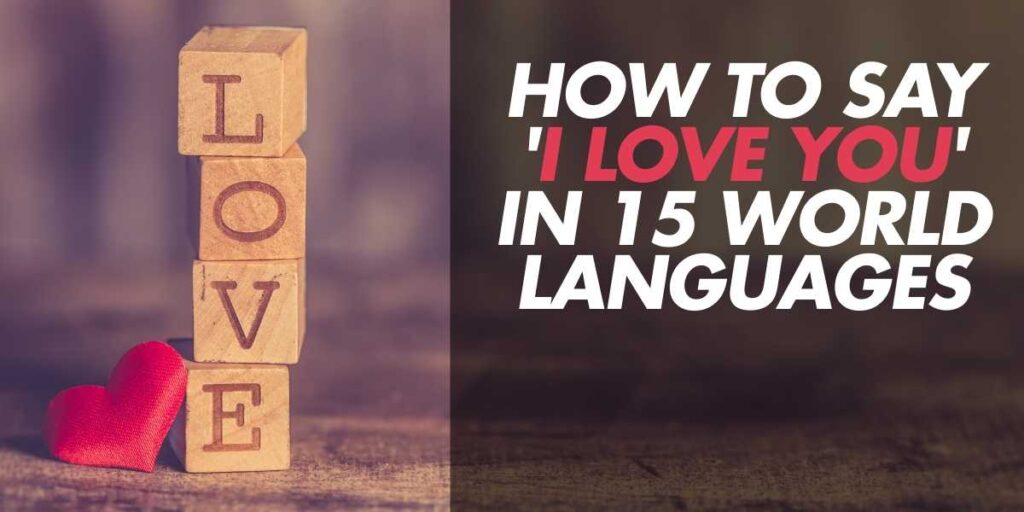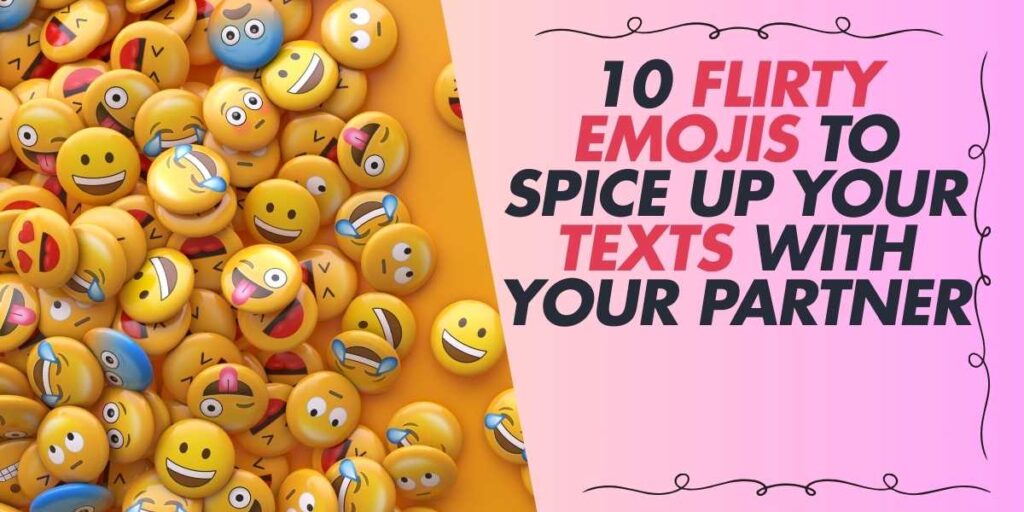Being left on read is like throwing a pitch and watching as the batter doesn’t even swing. There’s a frustrating silence that follows, and your mind races with unasked questions. It’s an experience that resonates deeply with the rapid rise of digital communication, where messages linger unanswered, leading to a wave of emotions as if left hanging in suspense. Though intended as mere digital signals, those little notifications can stir profound feelings within us.
The Digital Age Dilemma
In today’s fast-paced world, our smartphones are perpetually by our sides. With notifications buzzing constantly, there’s an implicit expectation for instantaneous replies. Platforms like WhatsApp, iMessage, and Instagram have inculcated an unspoken rule of immediacy. The digital footprint of ‘Read’ receipts often becomes a symbol of acknowledged but unreciprocated communication. Over time, this phenomenon has grown more than just an inconvenience; it has become a significant emotional trigger for many.
Emotions That Run Deep
When left without a response, a tumult of emotions bubbles up, ranging from curiosity to anxiety. One might wonder, Did I say something wrong? or Are they upset with me? It’s a digital age conundrum that pains many, much like when a friend ignores your call in person. This sense of abandonment doesn’t just echo through your day; it leaves a lingering mark on your emotional well-being.
The Anxiety Factor
For people battling anxiety, being ‘left on read’ can trigger intense feelings of inadequacy and doubt. The mind loops endlessly around scenarios, each one more negative than the last. Despite logically understanding that the delay might be due to the person being busy, emotions rarely stop leaping to worst-case conclusions. The heart quickens, and anxiety weaves a narrative that one’s value depends on a simple reply.
Gen Z: A Connected Generation
For Generation Z, raised in the expansive world of the internet, the act of leaving someone on read holds a different weight. Having known a life where connectivity is constant, any disconnect can feel like the sky falling. This generation, teetering at the threshold of a digital world, often confronts unique challenges in managing online interactions, where ghosting and unread messages are tales as old as the platforms themselves.
| Emotion | Triggered Thought |
|---|---|
| Anxiety | Am I being ignored? |
| Insecurity | Did I say something wrong? |
| Frustration | Why are they not responding? |
| Rejection | Do they not care about me? |
Understanding the Other Side
Not every ‘read’ message without a reply signals disregard. Conversely, receiving such a notification doesn’t always mean someone is uninterested or dismissive. Often, the delay may result from the reader needing time to craft a thoughtful response or simply being caught up in the whirlwind of their lives. The silence doesn’t inherently denote emotion or intent; it indicates a pause.
Taking a step back to consider the other person’s perspective is crucial. Perhaps they need a moment. Or, they may not have the words ready, thereby opting for silence over a hasty or imprudent reply. In today’s digital world, setting healthy boundaries around time and attention is essential for mental well-being.
Cultivating Emotional Resilience
How can we dampen the sting of being left on read? It’s crucial to foster emotional resilience and a genuine understanding that no one is obligated to provide their time and attention on digital platforms. Viewing such experiences with equanimity rather than frustration can save much heartache. Here are some steps:
- Practice Patience: Allow time for a response and avoid jumping to conclusions.
- Mindfulness: Engage in mindfulness practices that promote relaxation and clarity of thought.
- Digital Detox: Step away from devices periodically to refresh your mental state.
- Direct Communication: When in doubt, address the situation directly to avoid misunderstandings.
Conclusion: Reclaiming Your Space
Being ‘left on read’ in the digital age often feels like a social faux pas. However, it can’t undermine the claim on your own time and emotions. By acknowledging that others aren’t bound to their phones at every moment, and understanding that your worth isn’t tied to a message response, you liberate yourself from unnecessary pressures. Remember, it’s okay to leave or be left on read. This liberating realization enables more self-control and a healthier engagement with technology.
Let’s normalize conversations around setting boundaries, both online and offline. Emphasizing clarity and understanding above all heralds a shift towards healthier digital interactions. You’re not just a message left hanging; you are more than the silence of a digital pause.





